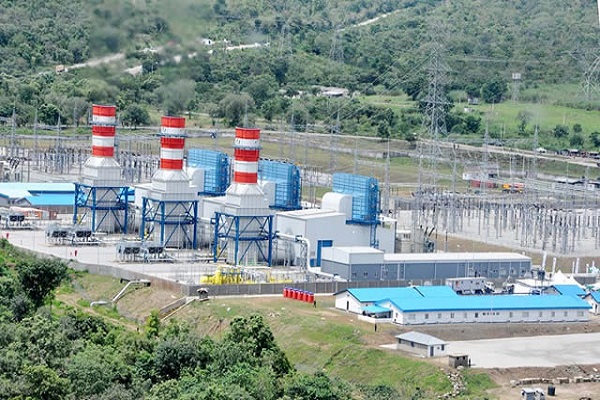The International Monetary Fund (IMF) has advised low-income countries to adopt swift responses to the impact of the food crisis.
The global lender said this in a recent blog post titled “Global Food Crisis Demands Support For People, Open Trade, Bigger Local Harvests”.
IMF said the impact of the food shock is felt everywhere but the suffering is worst in 48 countries, many highly dependent on imports from Ukraine and Russia — mostly low-income countries.
Low-income countries are nations that have a per capita gross national income (GNI) of less than $1,026.
Advertisement
It added that about half of these countries are especially vulnerable due to severe economic challenges, weak institutions, and fragility.
It, therefore, urged policymakers to adopt strong and swift policy action, which is needed across four areas to mitigate the global food crisis and avert human suffering.
“First, rapidly and adequately support people vulnerable to food insecurity through humanitarian assistance from the World Food Programme and other organisations alongside effective domestic fiscal measures,” the post reads.
Advertisement
“Policymakers should prioritise fighting inflation and protecting the most vulnerable to alleviate the burden of the cost-of-living crisis.
“Second, maintaining open trade, including within regions, to allow food to flow from surplus areas to those in need. We should build on the progress made under the Black Sea Grain Initiative and at the 12th ministerial conference of the World Trade Organisation by urgently phasing out export bans imposed by major food producers. Protectionist measures only serve to make the food crisis worse.
“Third, increase food production and improve distribution, including through ensuring adequate access to fertilisers and crop diversification. Increasing trade financing and reinforcing supply chains are vital to addressing the current food price shock.
“The World Bank and other multilateral development banks play a key role as they increase trade financing for agricultural commodities and other food products and their support to countries for critical logistics and infrastructure upgrades.
Advertisement
“Fourth, investing in climate-resilient agriculture will be vital to increasing future harvests. More intense and more unpredicted climatic events are increasing food insecurity. Low-income countries, particularly in sub-Saharan Africa, are among the least prepared to face the effects of climate change.
“Solutions should be tailored to country circumstances, with a focus on low-cost, high-impact measures, such as investing in new crop varieties, improving water management, and information dissemination.”
The IMF added that international communities must also take decisive action to ensure that the needed financing is in place to deal with the immediate crisis and to strengthen food security in the medium-to-long term.
“Institutions specialised in food security, such as the World Food Programme and the Food and Agriculture Organisation of the United Nations, need to be adequately funded because they play a vital role with their local presence in many nations and an unwavering focus on the human cost of acute food insecurity,” it added.
Advertisement
“We must all act now to ease the suffering of those experiencing hunger by supporting countries who take strong policy action with the financing they need.”
Advertisement
Add a comment






